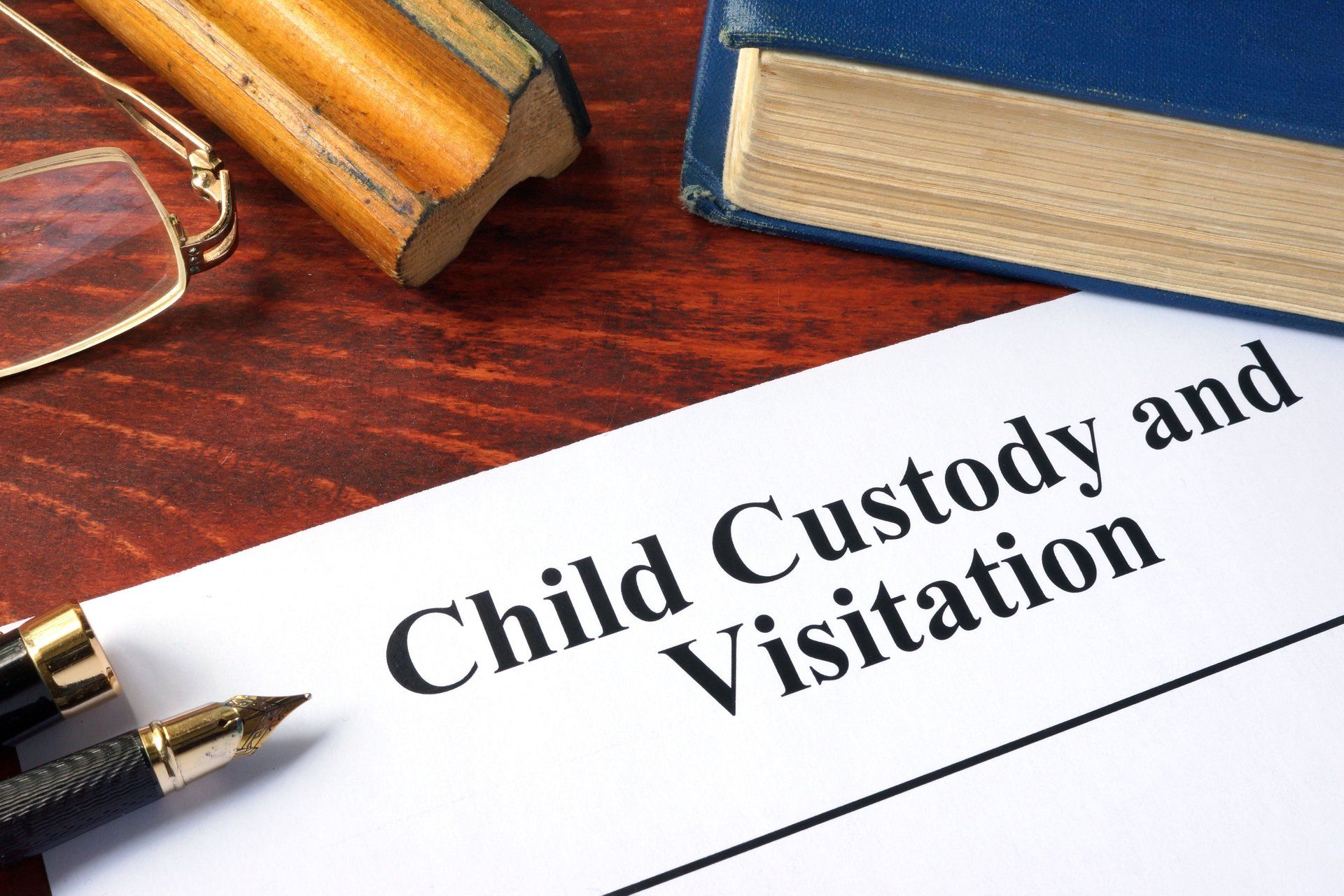Parental Alienation
Manipulation and Exaggerated or False Information
Parental alienation occurs when a child refuses to have a relationship with a parent due to manipulation, such as the conveying of exaggerated or false information, by the other parent. This situation most often arises during a divorce or custody battle, but it can also happen in intact families. The breakdown of the relationship between a child and one of the child’s parents occurs without valid justification.
The perpetrator of parental alienation may employ various tactics:
- A father might falsely tell the child that the child’s mother hates them and never wants to speak to them, even if the mother calls to speak to the child every day.
- A mother could convince her daughter to report—or even believe—that the father physically abused her.
- Offenders may blame the other parent for the collapse of the marriage, punish the child for wanting to pursue a relationship with the parent, or move away, making maintaining a relationship extremely difficult.
The impact of parental alienation on a child can be profound:
- Children may feel confused, sad, and lonely after losing a relationship with one parent.
- They might wonder why they still feel love toward a parent who is portrayed as hating them intensely.
- The absence of evidence to counter the other parent’s lies can be distressing.
- Estrangement is uncertain and potentially prone to change, making it challenging for children to fully grieve their lost relationship.
Signs of parental alienation include:
- Severely restricting the time a child can spend with the other parent, especially defying court orders.
- Making negative comments about the other parent, blaming them for the divorce.
- Making false accusations of abuse or neglect.
- Threatening to withhold affection if the child expresses positive feelings about the absent parent.
In the legal system, parents can fight alienation in court, but rigorous proof is necessary. Courts may mandate reunification programs, where the child spends supervised time with the alienated parent to rebuild the relationship. Treatment may also address the child’s trauma. Many relationships fractured by parental alienation can heal with time.
Parental alienation is handled through civil proceedings and is not an arrestable offense. Some advocate for criminalization due to the lasting damage it inflicts, while others argue against it because parental alienation is difficult to prove and is not a diagnosable syndrome.














Share On: